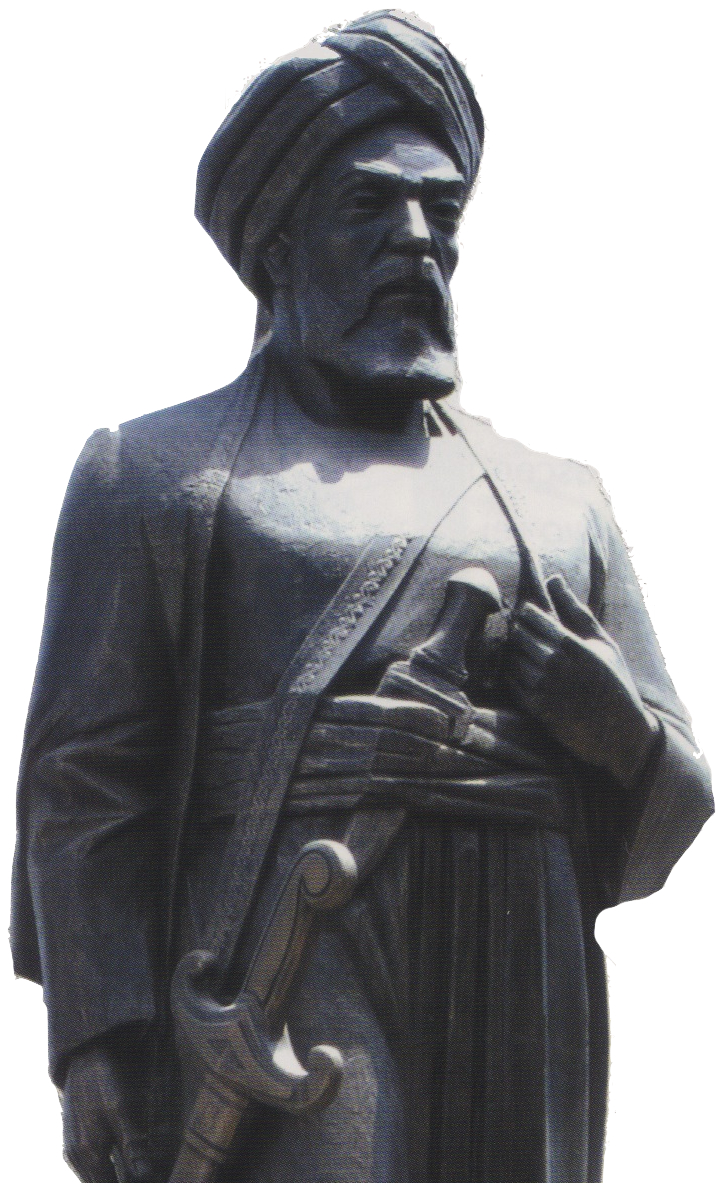Dido

Dido (/ˈdaɪdoʊ/ DY-doh; Ancient Greek: Διδώ [diː.dɔ̌ː], Latin: [ˈdiːdoː]), also known as Elissa (/əˈlɪsə/ ə-LISS-ə, Ἔλισσα), was the legendary founder and first queen of the Phoenician city-state of Carthage (in modern Tunisia), reportedly established in 814 BC. Most accounts describe her as the former queen of the Phoenician city of Tyre (in modern Lebanon) who fled tyranny to establish her own city in northwest Africa. Dido is known only through ancient Greek and Roman sources written centuries after Carthage's founding, making her historical existence uncertain.
The earliest references to her come from Timaeus of Taormina (Sicily), who died around 260 BC—approximately five centuries after Carthage's traditional founding date. In his Sicilian History, Timaeus recounted the legends of Carthage's founding by Dido in 814 BC, around the same time as Rome's establishment. He also alluded to the growing tensions between these two powers during his lifetime.
The most detailed and influential portrayal of Dido comes from Virgil's epic poem, the Aeneid, written around 31 BC and published posthumously around 19 BC. Virgil depicts Dido as an intelligent and resourceful woman who escapes her tyrannical brother Pygmalion after discovering he murdered her husband. As a wise leader, she founds Carthage and guides it to prosperity.
Dido has remained a significant figure in Western culture and art from the early Renaissance through the 21st century. In the early 20th century, she became a national symbol for Tunisia, with Tunisian women sometimes poetically described as "Daughters of Dido."


